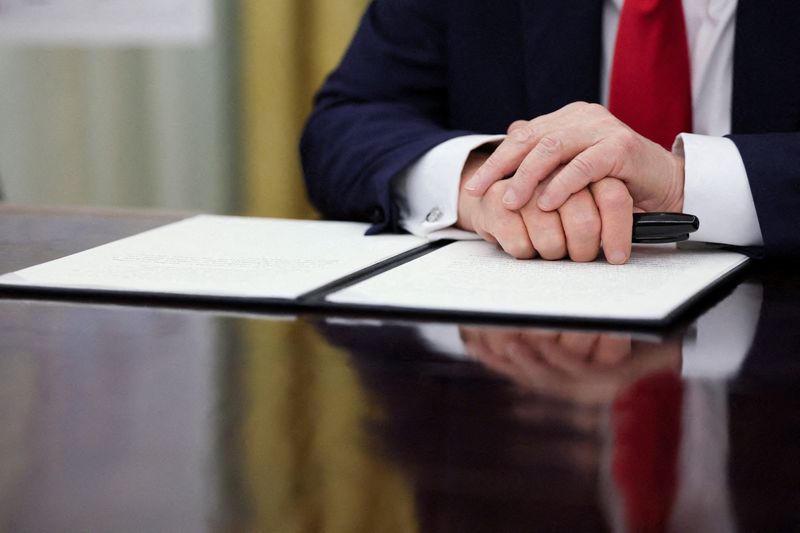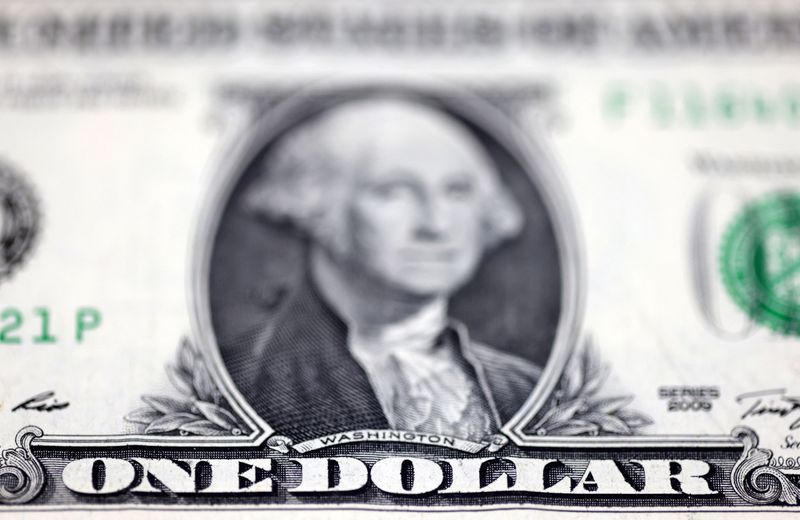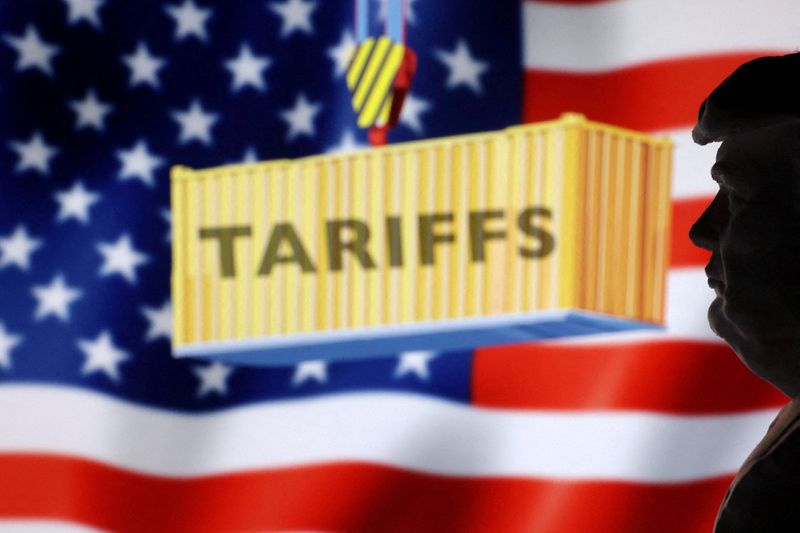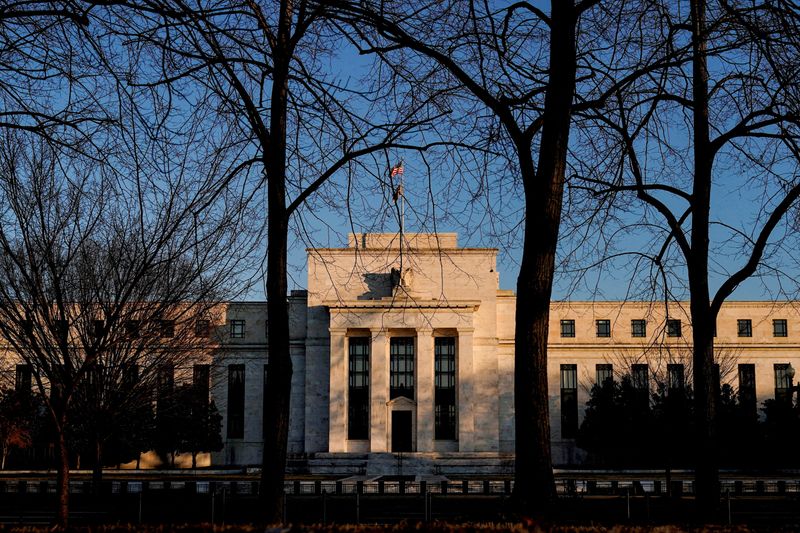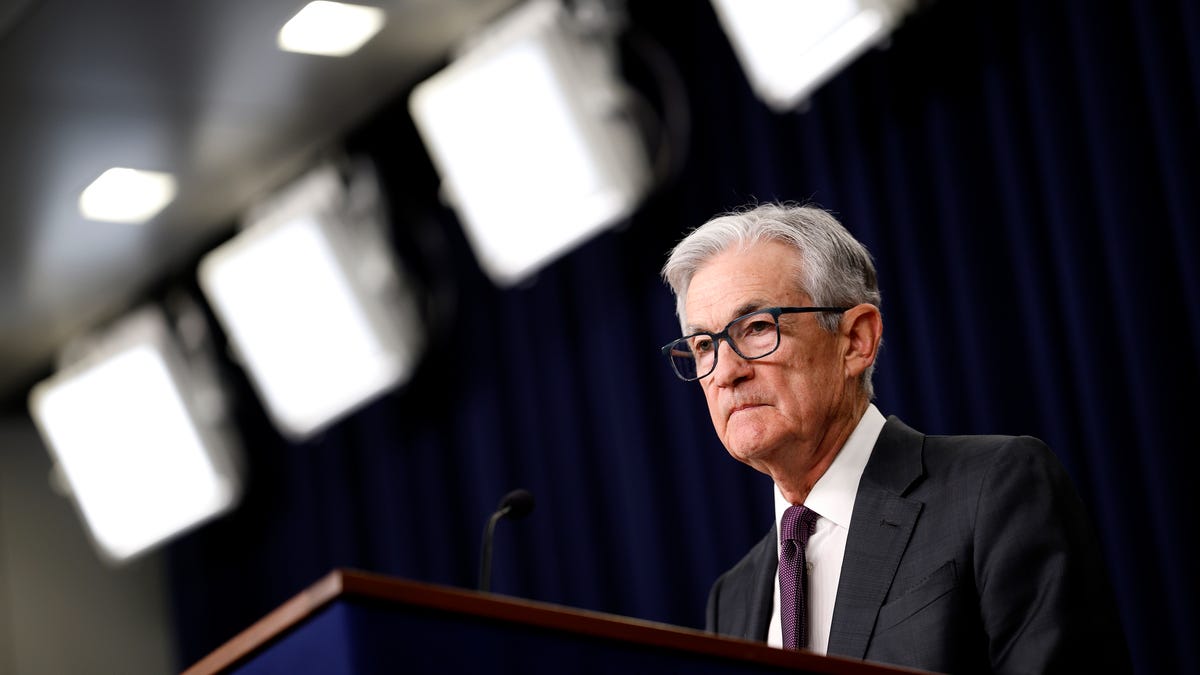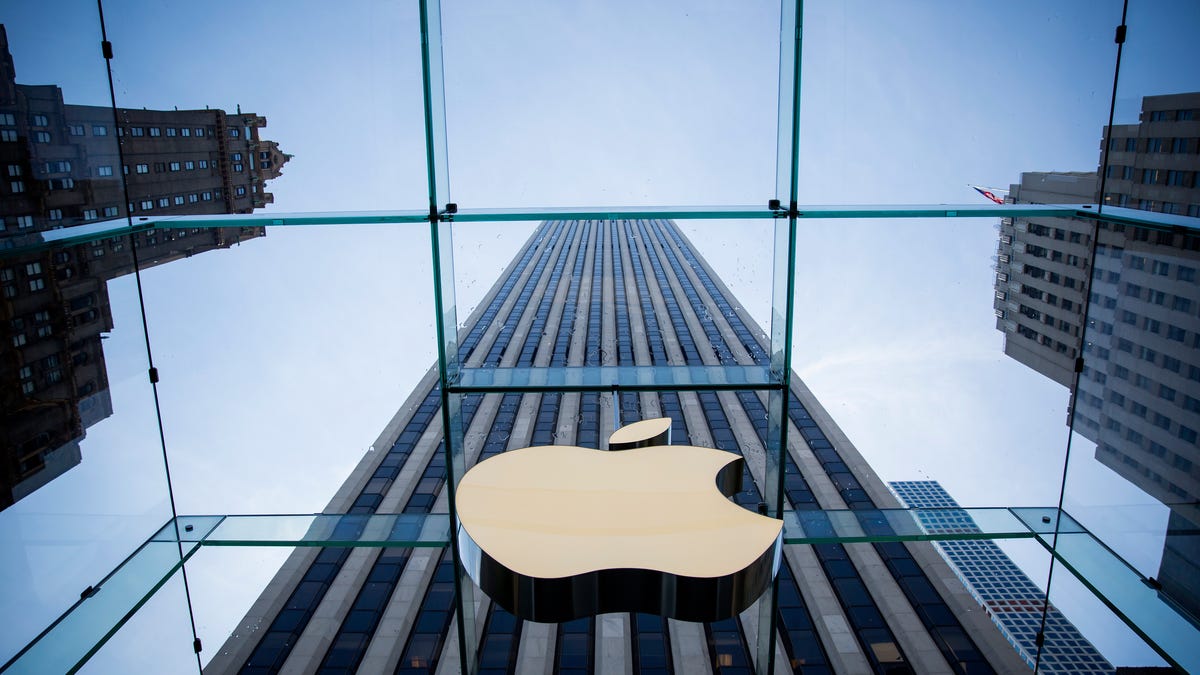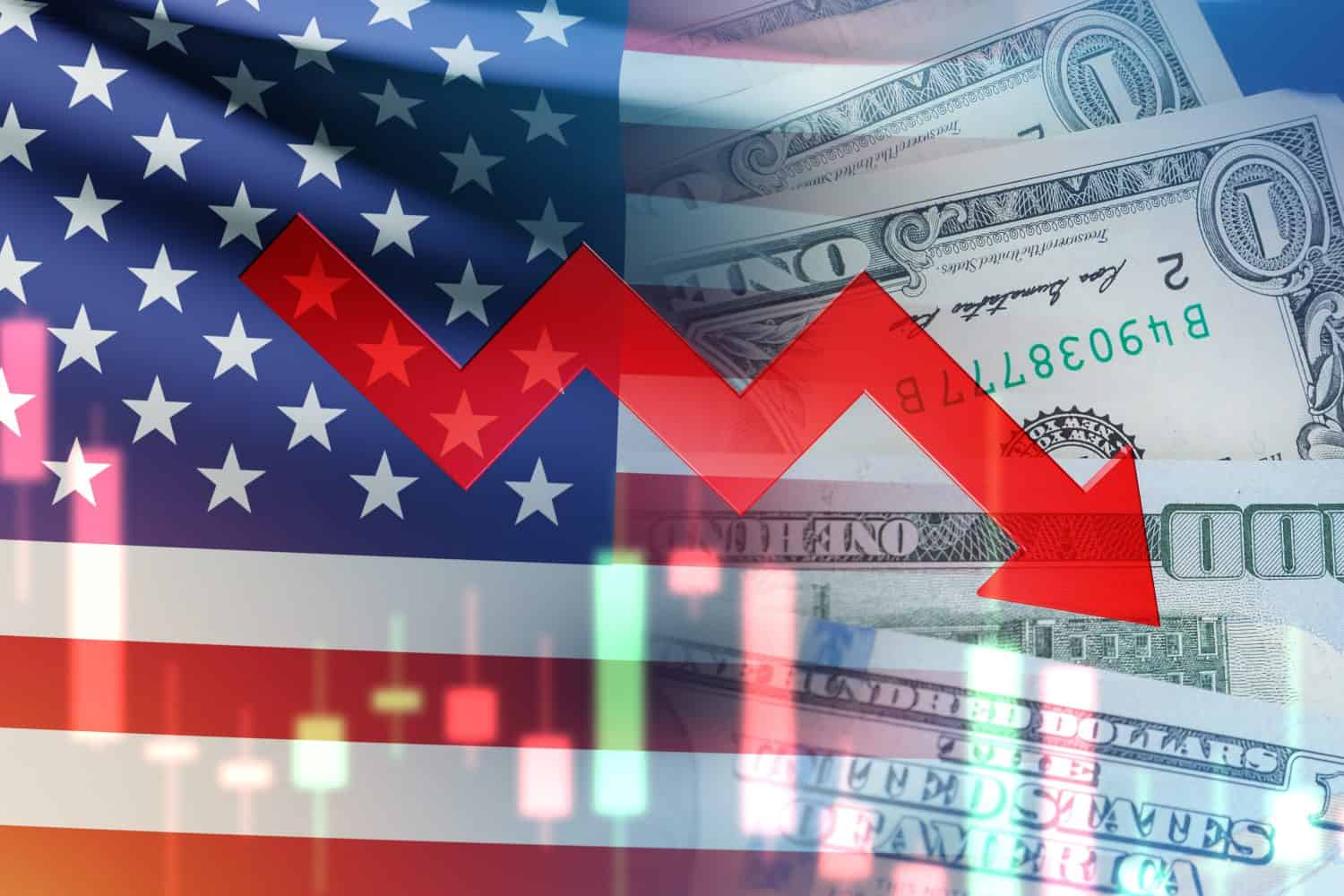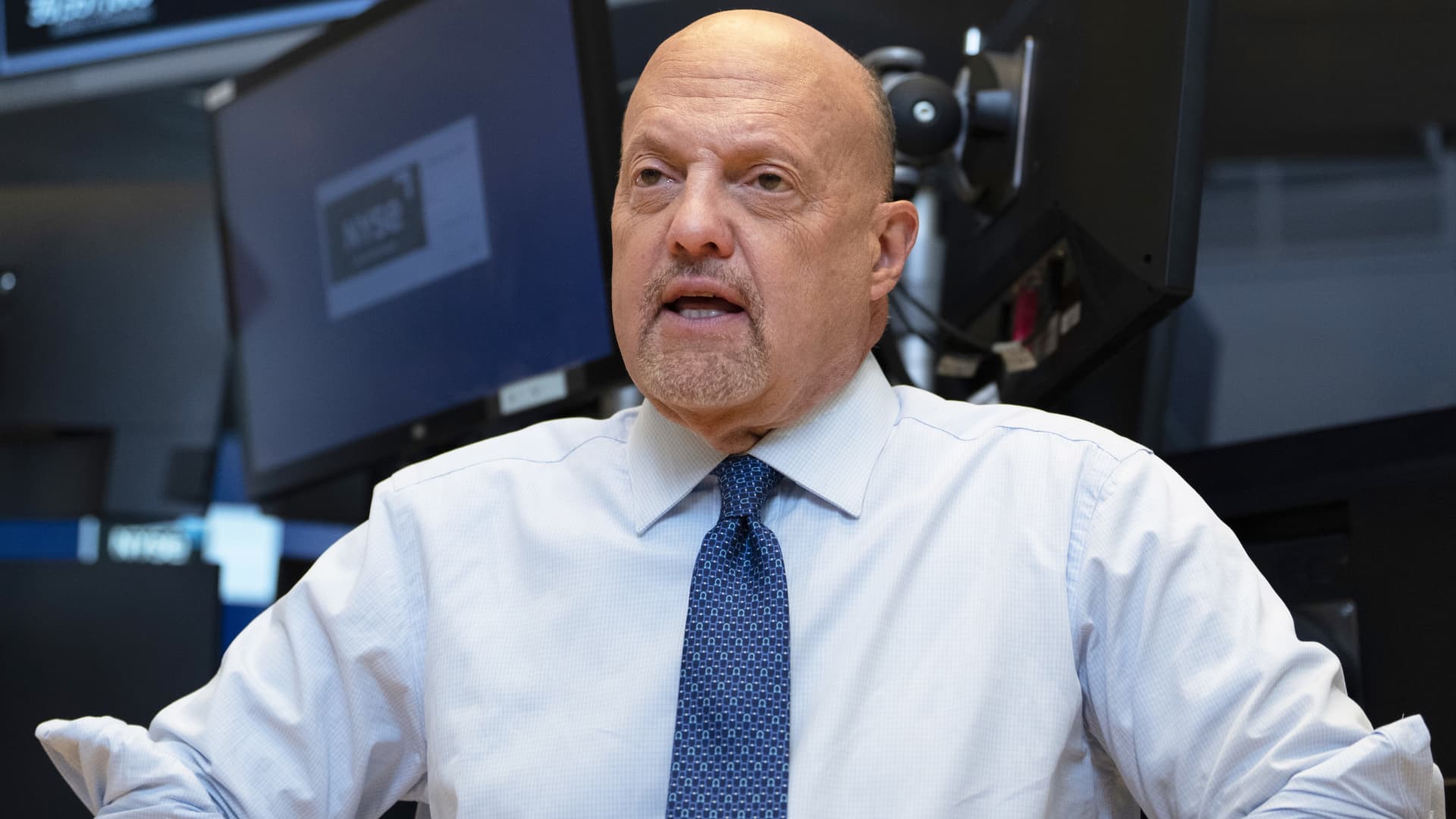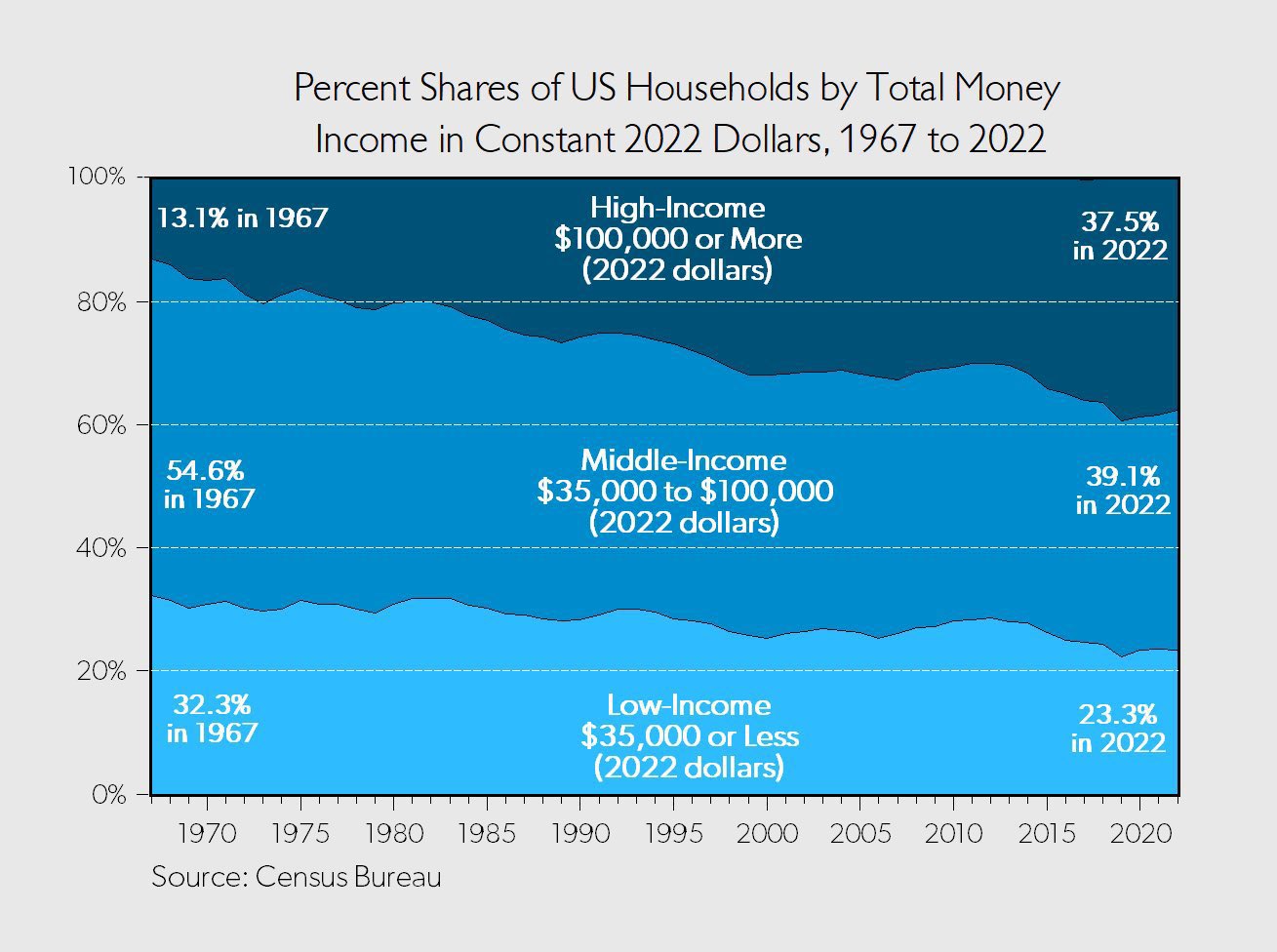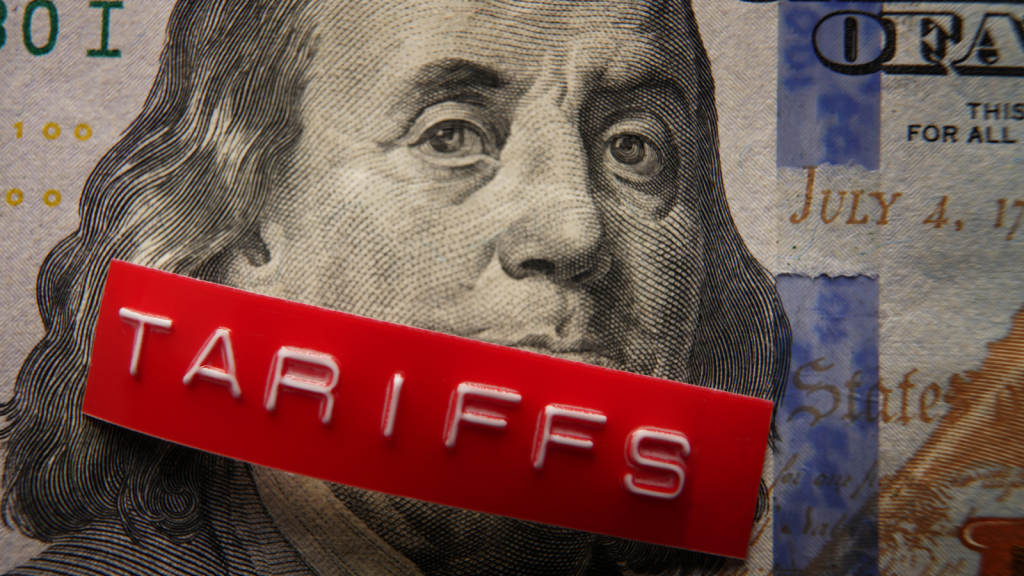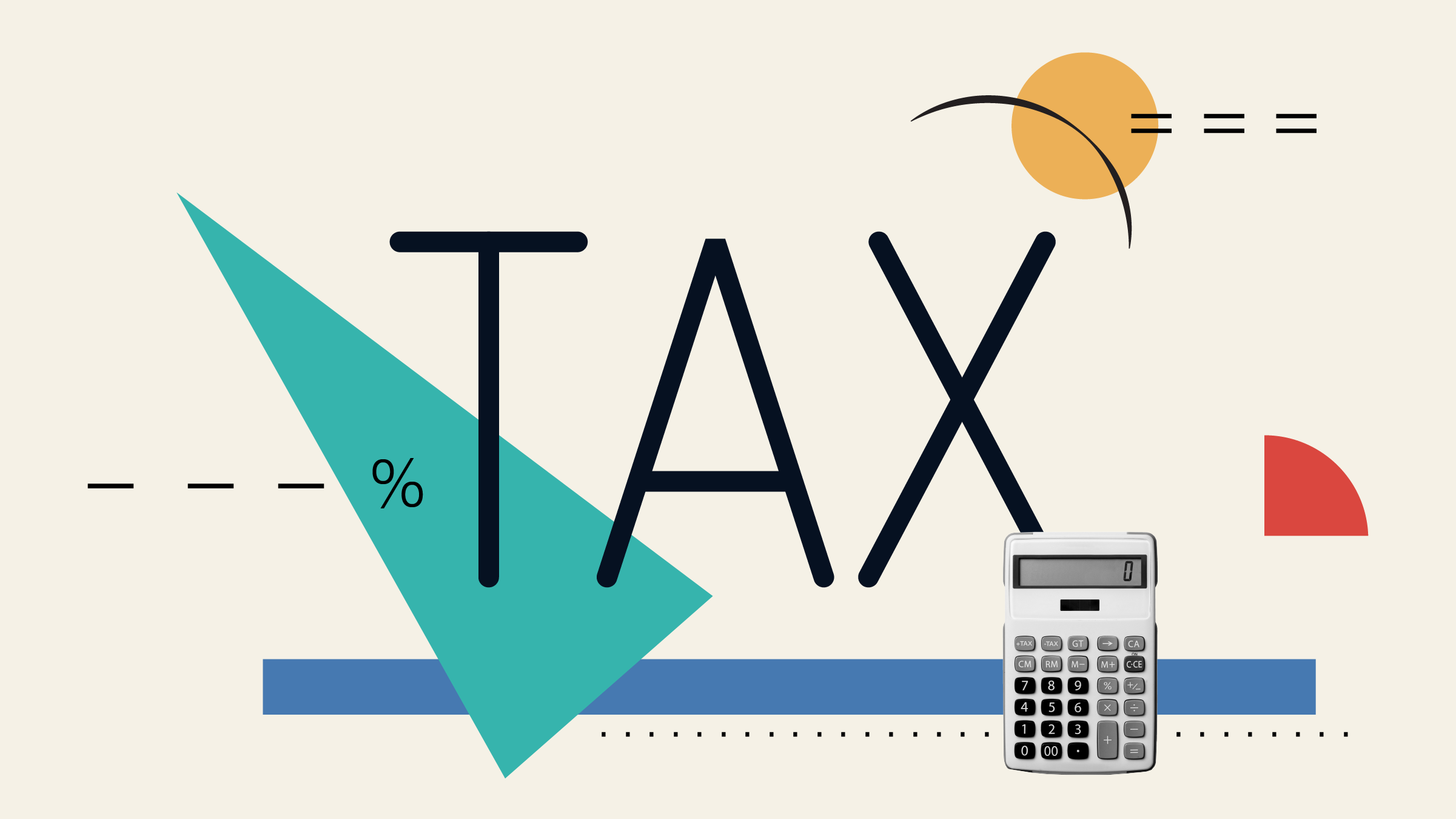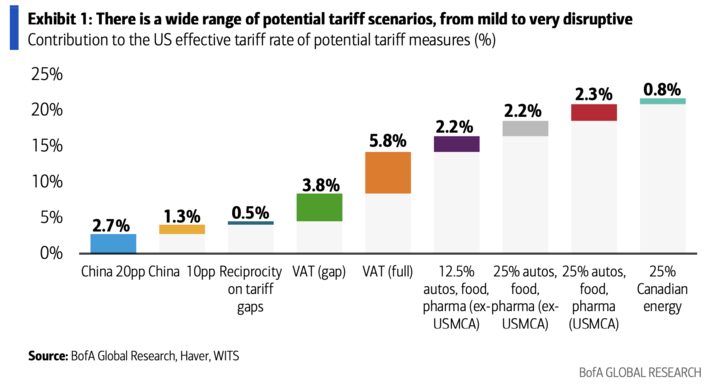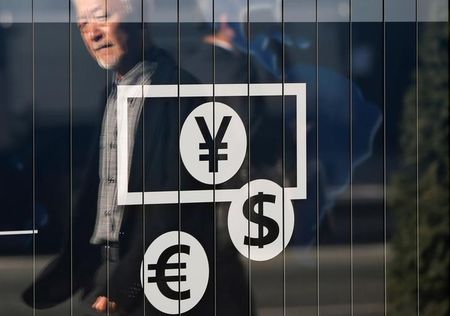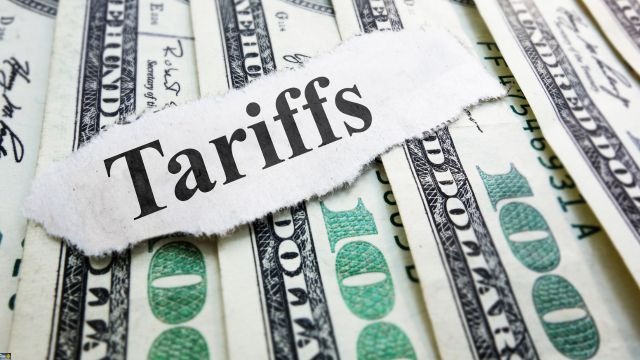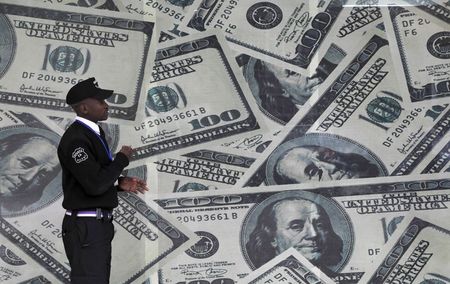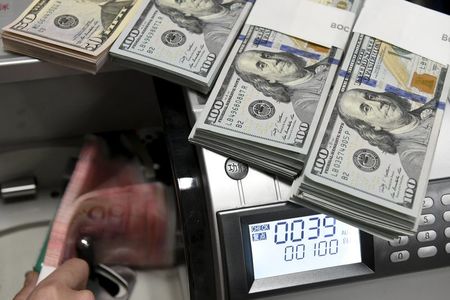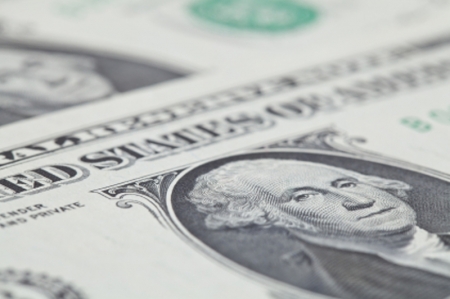Elon Musk says the federal government has no plans to use Dogecoin
The Tesla billionaire has hinted at government use of blockchain technology in the past.

Despite Elon Musk’s affinity for Dogecoin, the tech billionaire said on Sunday that the federal government has no plan to use the dog-themed cryptocurrency.
“There are no plans for the government to use Dogecoin for anything as far as I know,” Musk said at a town hall in Wisconsin on Sunday, stifling speculation that the Department of Government Efficiency (DOGE) would apply the cryptocurrency to government dealings.
The idea that the government would use Dogecoin isn’t entirely unfounded. In February, the DOGE website briefly displayed Dogecoin’s logo—a Shiba Inu dog named Kabosu giving a side eye—fueling excitement among investors that the agency was connected to the currency in some way. Musk has also hinted at using blockchain technology within other government departments, endorsing the idea of processing all of the U.S. Treasury’s transactions on a blockchain.
But Musk clarified over the weekend, however, that when it comes to the cryptocurrency and the government department he’s heading up, “the names are similar, but they’re doing two very different things.”
The White House declined to comment when contacted by Fortune.
The concept for a department focused on government efficiency originated during Trump’s campaign as part of a plan for the incoming administration to slash federal spending and restructure government agencies. At the time, Trump said that Musk would head the department. DOGE has become the driving force behind the Trump administration’s push for mass layoffs of federal employees.
Musk has long been an advocate of Dogecoin, declaring himself “Dogefather” on SNL in 2021 and saying that he wants to be the coin’s CEO. His constant promotion of the cryptocurrency even led to a class action lawsuit, in which he was accused of artificially inflating its price for profit. However, the suit was thrown out last year on the grounds that his statements were simply “puffery”—a legal term used to describe exaggerated praise or hyperbole that does not amount to serious promises.
This story was originally featured on Fortune.com


